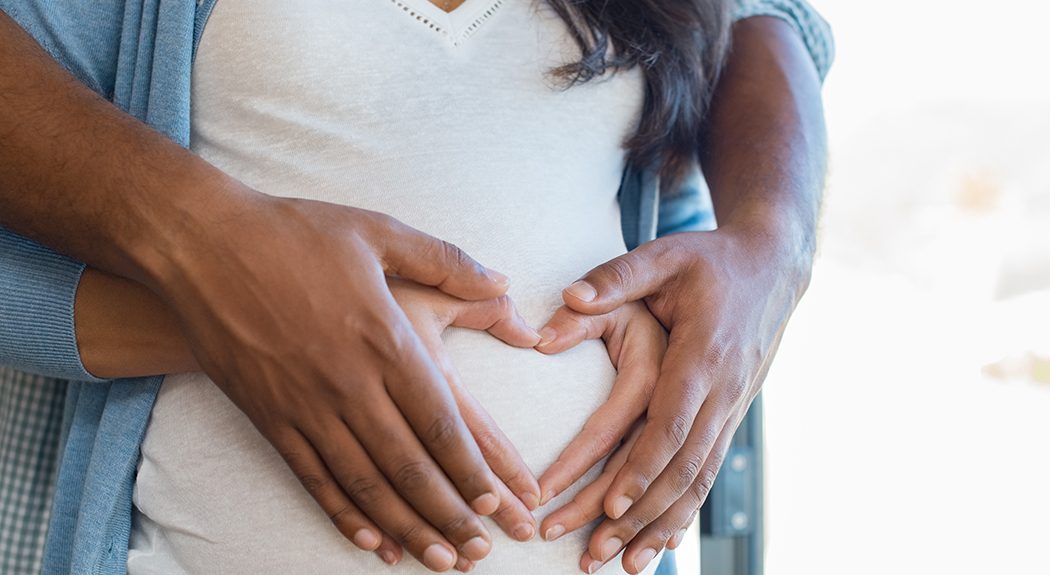Maintaining good health during pregnancy involves more than just watching your weight and taking your prenatal vitamins and folic acid. It also includes managing your blood pressure.
Blood pressure is the force of the blood pushing against the artery walls. The force is created with each heartbeat as blood is pumped from the heart into the blood vessels. If the pressure in your arteries becomes too high, you have high blood pressure, also called hypertension. Sometimes high blood pressure is present before pregnancy. In other cases, high blood pressure develops during pregnancy.
SEE MORE: Are you at risk for high blood pressure? Take this quiz!
While there is no exact cause of hypertension during pregnancy, there are many factors that increase your risk of having it. Your risk may be higher if you’re:
- Pregnant for the first time
- Overweight or obese
- Over 40 years old
- African American
- Giving birth to multiples
- Have a history of hypertension
Hypertension is known as the silent killer because those who have it often do not have symptoms.
“This is why it’s so important to come to all of the prenatal care appointments,” says Laura Merkel, MD, a board-certified obstetrician and gynecologist at Annapolis OB-GYN. “Even if you’re feeling great, we want to see you, measure your blood pressure and check on your baby.”
While many women with high blood pressure deliver healthy babies, hypertension can affect the kidneys and increase your risk of heart disease, kidney disease and stroke. Other complications include:
- Fetal growth restriction: High blood pressure can decrease the flow of nutrients to the baby through the placenta. The baby may have growth problems as a result.
- Preterm delivery: If the placenta is not providing enough nutrients and oxygen to your baby, your provider may decide that early delivery is better for your baby than allowing the pregnancy to continue.
- Placental abruption: This condition, in which the placenta prematurely detaches from the wall of the uterus, is a medical emergency that requires immediate treatment.
- Cesarean delivery: Women with hypertension are more likely to have a cesarean delivery than women with normal blood pressure. A cesarean delivery carries risks of infection, injury to internal organs, and bleeding.
Your health care provider may also test your urine for protein because hypertension during pregnancy may lead to preeclampsia. This is the most serious form of hypertension during pregnancy. Along with high blood pressure, there are signs that some organs may not be working properly. Preeclampsia is a serious condition characterized by the following signs and symptoms:
- High blood pressure.
- Swelling of face/hands.
- Protein in urine.
- Changes in vision.
Call your doctor if you are experiencing any of these symptoms.
Preventing High Blood Pressure During Pregnancy
There isn’t a magic pill or one single medication that prevents high blood pressure during pregnancy. The good news is there are some simple ways to keep your blood pressure down. You can:
- Reduce salt intake.
- Limit intake of caffeine.
- Avoid tobacco entirely.
- Get lots of rest.
- Drink at least 10 glasses of water every day.
- Do not drink alcohol.
- Reduce stress levels.
- Elevate your feet when possible.
After the birth of your baby, your care team will closely monitor your blood pressure. Your gynecologist and nurses will watch for any symptoms of preeclampsia. Typically, blood pressure falls back into normal and safe levels within a few weeks of delivery. However, we encourage all new moms to continue monitoring themselves once they’ve arrived home, especially as it relates to high blood pressure. Signs your blood pressure may still be high are:
- A headache that won’t go away.
- Irregular vision (spots, blurry vision).
- Nausea or vomiting.
- Very little urine output.
- You just don’t feel well overall.
“If you notice any of these symptoms, contact your health care provider right away,” says Dr. Merkel. “Don’t attribute a bad headache to being a normal pregnancy symptom, it could be something more serious.”




